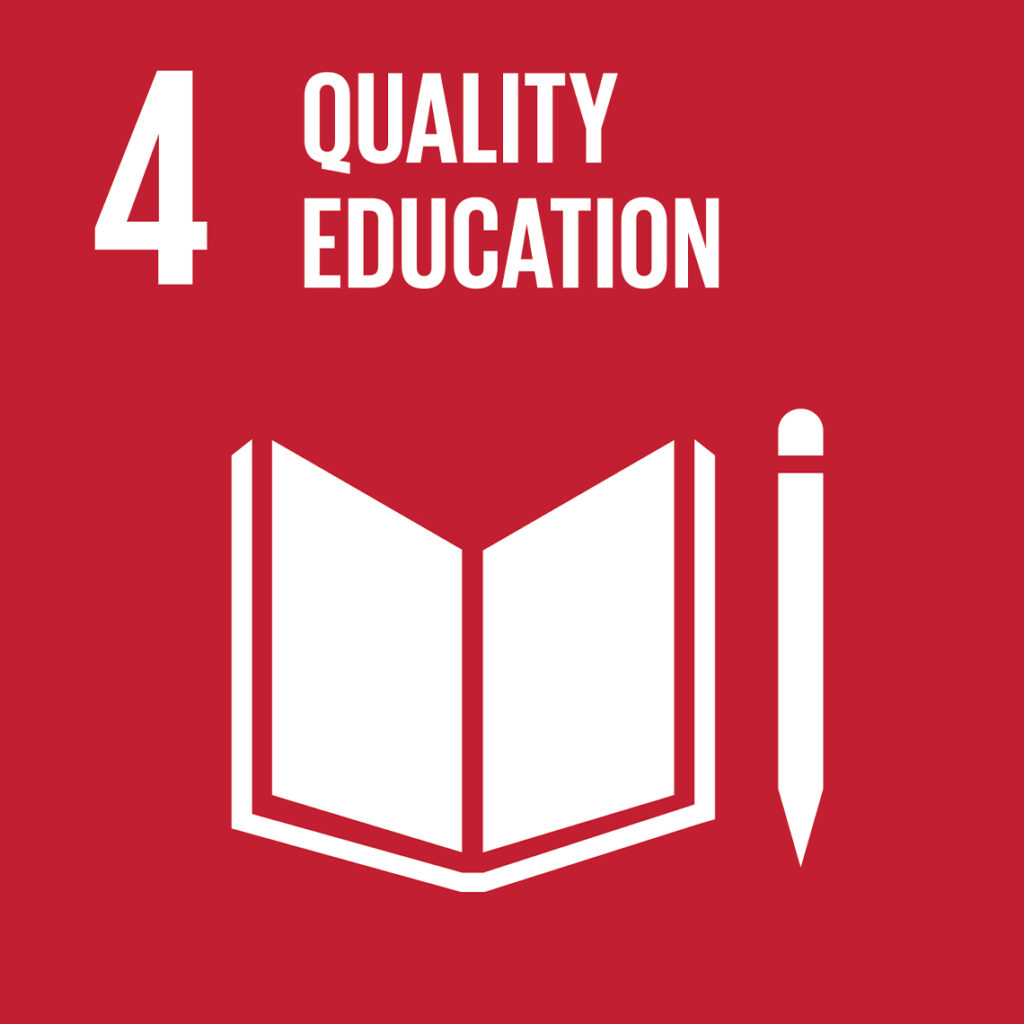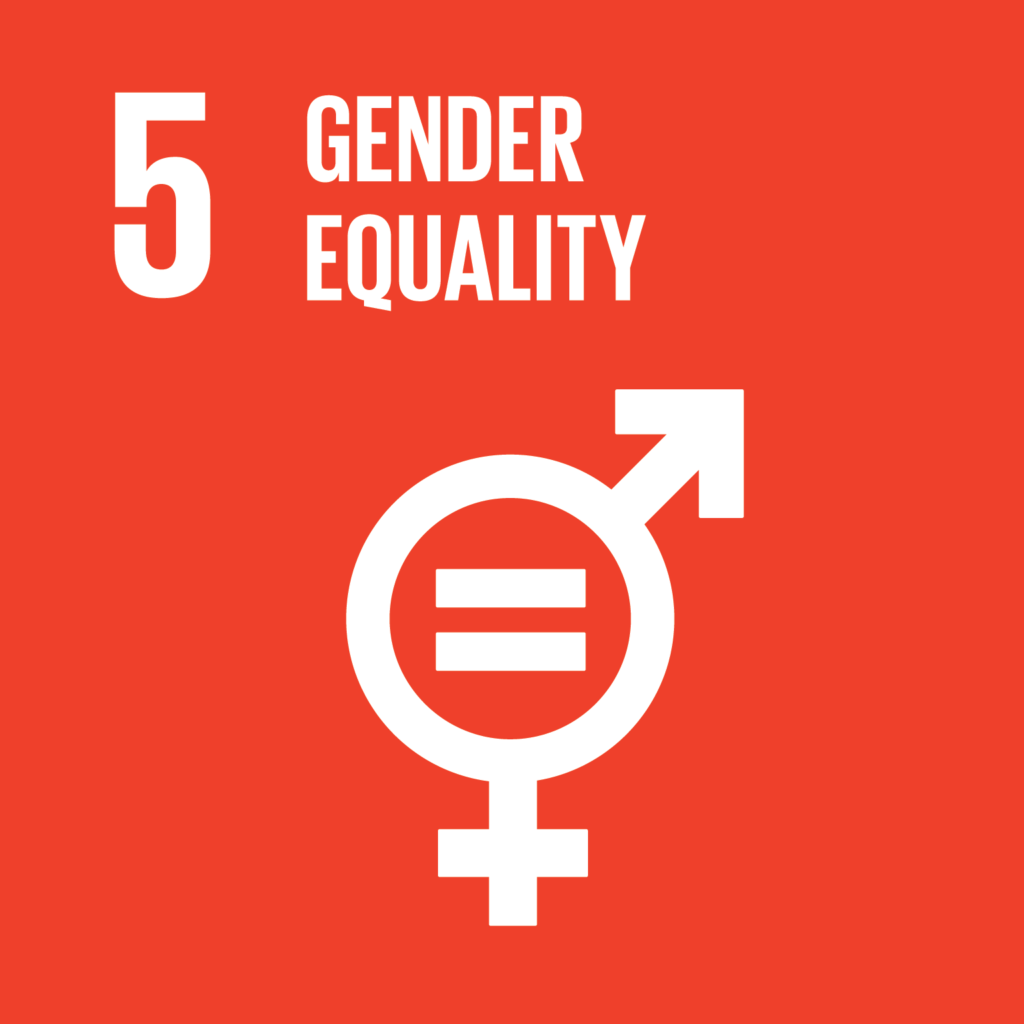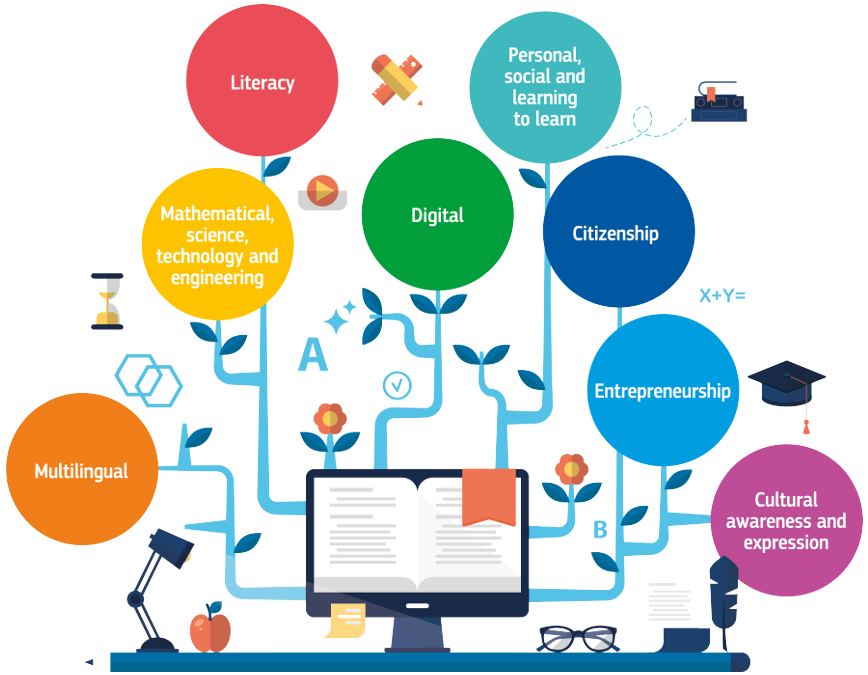
Gender equality and media: oltre l’apparenza, per essere
Come i media influenzano il nostro modo di pensare? I media veicolano una visione distorta della realtà? quale immagine della donna e dell’uomo sono veicolati dalla pubblicità? Si può educare ad un uso consapevole dei media? Quale ruolo può avere la scuola per educare cittadini ad un uso critico dei media e garantire la parità di genere?
Questi sono solo alcuni temi che questo corso affronta.
attraverso l’analisi dei processi di pensiero, saranno analizzate le distorsioni del ragionamento al fine di riconoscere i pregiudizi e gli stereotipi veicolati dai mass media ed essere in grado di formulare giudizi critici e indipendenti.
in un mondo sempre più iperconnesso, dove la società dei consumi impone uno stile di vita basato sull’avere, i giovani sono esposti a modelli di vita basati sui consumi e sulla mercificazione del corpo della donna.
E’ fondamentale che la scuola insegni a riconoscere pregiudizi e stereotipi veicolati dai mass media e insegni a ragionare criticamente e ad essere cittadini consapevoli.
Attraverso una metodologia attiva, basata su discussioni, analisi di studi di caso, role play, i docenti acquisiranno le competenze indispensabili per educare i giovani cittadini ad un uso critico e consapevole dei media, per essere cittadini capaci di costruire una società giusta.
Gender equality and media: beyond appearance, to be
How do the media influence our thinking? Do the media convey a distorted view of reality? what image of women and men are conveyed by advertising? Can you educate to a conscious use of the media? What role can schools play in educating citizens about critical media use and ensuring gender equality?
These are just a few topics that this course addresses.
Through the analysis of thought processes, distortions of reasoning will be analyzed in order to recognize the prejudices and stereotypes conveyed by the mass media and be able to make critical and independent judgments.
in an increasingly hyperconnected world, where the consumer society imposes a lifestyle based on having, young people are exposed to life models based on consumption and the commodification of the woman’s body.
It’s critical that the school teach you to recognize prejudices and stereotypes conveyed by the mass media and teach you to reason critically and be aware citizens.
Through an active methodology, based on discussions, analysis of case studies, role play, teachers will acquire the skills necessary to educate young citizens to a critical and conscious use of the media, to be citizens able to build a just society.
Learning outcomes
- Understand the basics of reasoning
- Determine the importance and relevance of arguments and ideas
- Recognize arguments
- Identify errors in reasoning: logical fallacies and cognitive biases
- Recognize prejudices and stereotypes
- Think critically
- Recognize fake news
- know the mechanisms of thought processes
- recognize prejudices and stereotypes
- acquire empathic and relational skills
- to improve communication skills
- improve your problem solving skills
- improve the ability to work in teams





Course Program
Course introduction
- Introduction to the course, and the external week activities;
- Icebreaker activities;
- Presentations of the participants and participants’ schools.
- reasoning processes
- distortion of reasoning
- debating
- prejudices and stereotypes
- prejudices and stereotypes in the media
- debating
- critical thinking and strategies to develop it
- case studies
- gender equality in official documents
- transcultural analysis of gender equality
- gender equality and media: a case study
- project work
- course evaluation: round-up of acquired competencies, feedback, and discussion;
- awarding of the course Certificate of Attendance;
- excursion and other external cultural activities.

